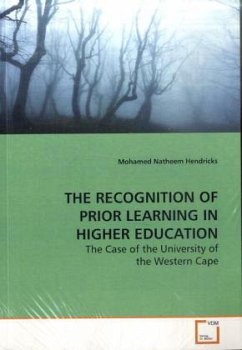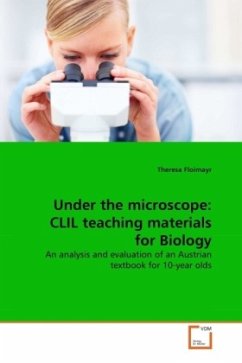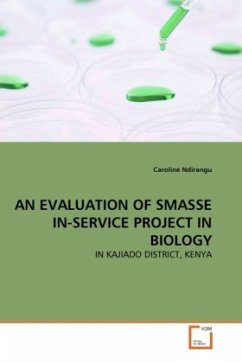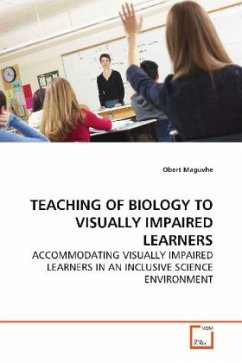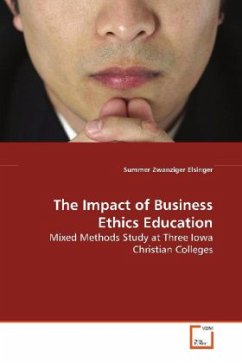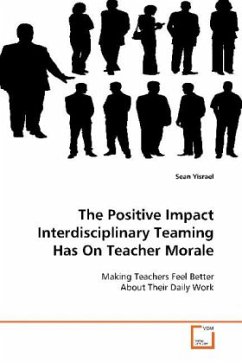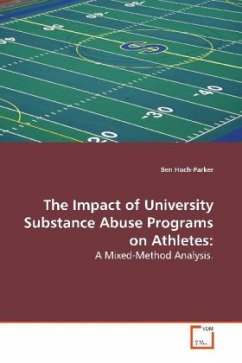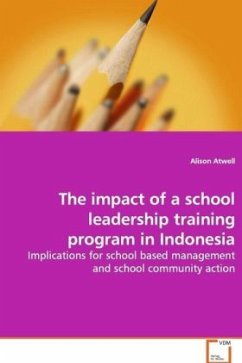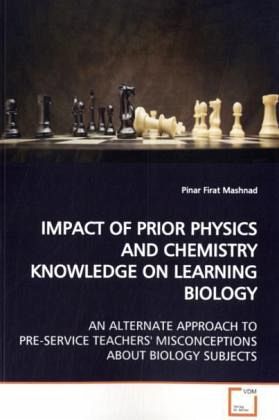
IMPACT OF PRIOR PHYSICS AND CHEMISTRY KNOWLEDGE ON LEARNING BIOLOGY
AN ALTERNATE APPROACH TO PRE-SERVICE TEACHERS' MISCONCEPTIONS ABOUT BIOLOGY SUBJECTS
Versandkostenfrei!
Versandfertig in 6-10 Tagen
32,99 €
inkl. MwSt.

PAYBACK Punkte
16 °P sammeln!
Misconceptions about science subjects and self-efficacy of teachers and pre-service teachers have been the focus of researchers and educators for a few decades. Students alternative conceptions or naïve conceptions due to lack of scientific knowledge are called misconceptions. Students construct new concepts on prior knowledge. They fail constructing new concepts when they carry misconceptions. Research shows that students have misconceptions about many biology subjects; however, the effects of prior physics and chemistry knowledge on learning biology have not been studied extensively. This b...
Misconceptions about science subjects and self-
efficacy of teachers and pre-service teachers have
been the focus of researchers and educators for a
few decades. Students alternative conceptions or
naïve conceptions due to lack of scientific
knowledge are called misconceptions. Students
construct new concepts on prior knowledge. They
fail constructing new concepts when they carry
misconceptions. Research shows that students have
misconceptions about many biology subjects; however,
the effects of prior physics and chemistry
knowledge on learning biology have not been studied
extensively. This book attempts to provide in-depth
information about how the pre-service teachers
beliefs and prior knowledge of physics and
chemistry influence their own and their students
learning of biology concepts and achievement in
biology by using a science concept test developed by
the author. Previous research suggests that teachers
who carry misconceptions are likely to introduce
them to their students. The teacher development
institutes, faculty members, researchers, pre-
service teachers and the students can benefit from
this book.
efficacy of teachers and pre-service teachers have
been the focus of researchers and educators for a
few decades. Students alternative conceptions or
naïve conceptions due to lack of scientific
knowledge are called misconceptions. Students
construct new concepts on prior knowledge. They
fail constructing new concepts when they carry
misconceptions. Research shows that students have
misconceptions about many biology subjects; however,
the effects of prior physics and chemistry
knowledge on learning biology have not been studied
extensively. This book attempts to provide in-depth
information about how the pre-service teachers
beliefs and prior knowledge of physics and
chemistry influence their own and their students
learning of biology concepts and achievement in
biology by using a science concept test developed by
the author. Previous research suggests that teachers
who carry misconceptions are likely to introduce
them to their students. The teacher development
institutes, faculty members, researchers, pre-
service teachers and the students can benefit from
this book.



